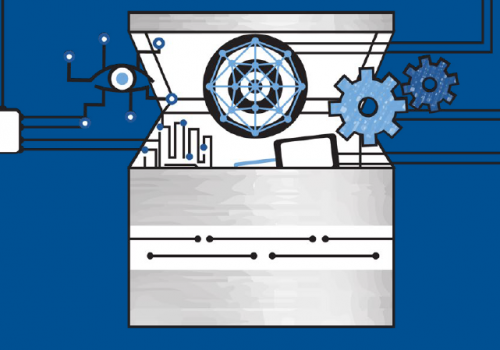Events
All Content
JD Work is a nonresident senior fellow with the Cyber Statecraft Initiative, part of the Atlantic Council Tech Programs. He is also a professor at the National Defense University’s College of Information and Cyberspace where he explores the theory, practice, and operational art of the cyber warfighting function, the wider role of the cyber instrument in national security strategy, and the future defense competition and stability problem space.
Work has over two decades of experience working in cyber intelligence and operations roles for the private sector and US government. He previously directed multiple international research programs to provide insight into the emerging strategic issues, economic consequences, and technology implications created by hostilities in the virtual domain. This work has sought to establish a reliable baseline of observations regarding the engagements, follow on effects, capabilities, doctrine, and drivers behind the antagonistic action of potential combatants in the networked environment, in order to support early warning, crisis management and crisis prevention in and through cyberspace.
Work holds additional affiliations with Columbia University’s School of International and Public Affairs, the Saltzman Institute of War and Peace Studies, and George Washington University’s Elliot School of International Affairs. He further serves as a senior advisor to the US Cyberspace Solarium Commission.

